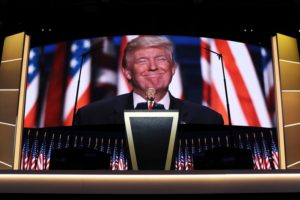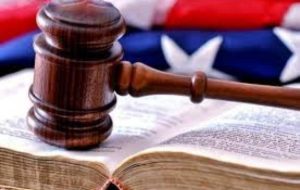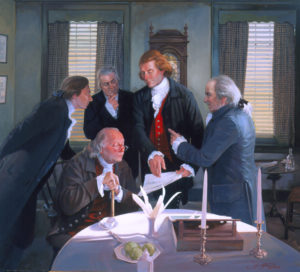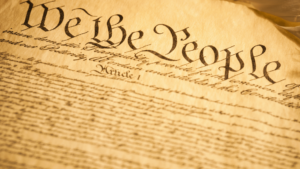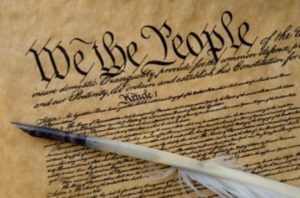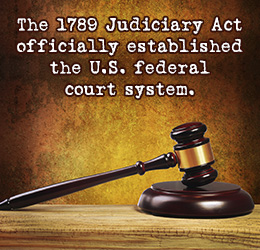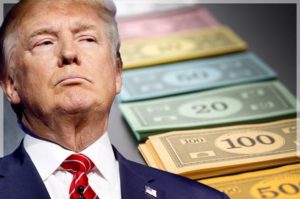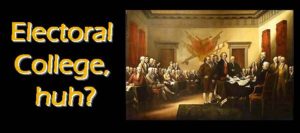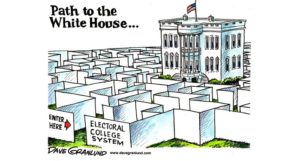Donald J. Trump’s time as president has lasted all of about 122 days — give or take — yet it seems like forever already.
As I look back on this man’s stunning political ascent, I am struck by one moment that I believe in hindsight should have given us a clue on what we might expect.
He stood before the Republican National Convention this past summer in Cleveland and declared that “I, alone” can repair all the things he said are ailing the country.
Setting aside for a moment or two the myriad problems that are bedeviling this man and his administration — and which might cost him his office — that particular statement suggested to me at that moment that this fellow really doesn’t get it.
He doesn’t understand one of the principal tenets of governing, which is that he is participating in a team sport. It’s so critical to understand that notion at the federal level, where the founders established a triple-layered governmental system where one branch holds no more power than the other two.
The presidency is but one branch; it must work in tandem with the Congress. Waiting in the wings to ensure that the executive and legislative branches don’t violate the Constitution are the federal courts, comprising actual judges, not the “so-called” types who render decisions that might go against whatever the president wants to do.
Donald Trump ignores political decorum, custom and practice. As some have noted, he does so either out of ignorance or does so willfully. I’ll take Trump at his word that he is a “smart person,” which means he is invoking a willful disregard for how the federal government is supposed to work.
The concept of governing by oneself does not work. It cannot work. The president is getting a real-time civics lesson in how the nation’s founders established this government of ours. He has vowed to run the country like his business. Yeah, good luck with that.
A business mogul can fire people at will. He can order underlings around, make them do this or that task. He can threaten, bully and coerce others.
When he takes the reins of the executive branch of the federal government, all of that prior experience gets thrown out the window.
How does the president tell Congress — comprising 535 individuals with constituencies and power bases of their own — to do his bidding? And how does the president actually defy the federal judiciary, which the founders established to be an independent check on every single thing the president and Congress enact?
Yes, the Republican Party’s presidential nominee gave it all away when he stood there in Cleveland and bellowed “I, alone” can fix it.
No, Mr. President. You cannot. Nor should you have ever tried.
Moreover, I believe his repeated efforts to trample over Congress and the federal courts are going to bite him hard in the backside as he seeks to defend himself against the other troubles that are threatening him.
